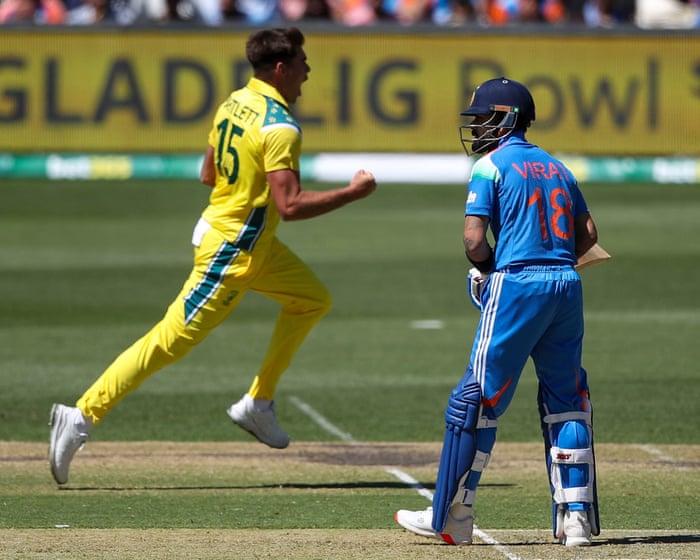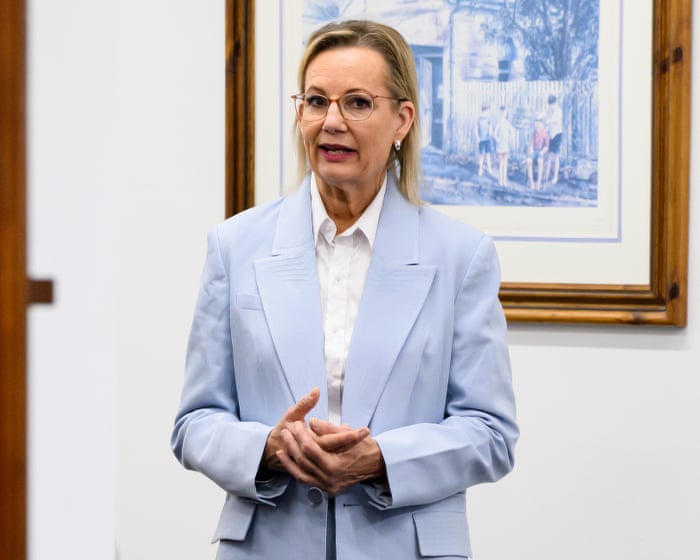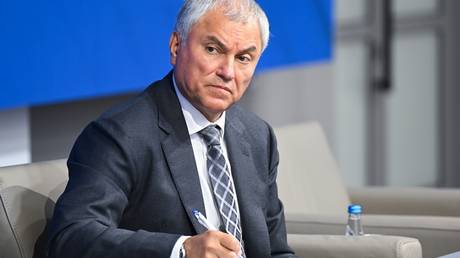Baby P's mother tells parole board she allowed her partner to abuse her son because she wanted her 'Prince Charming'
NegativeWorld Affairs

In a shocking revelation, Baby P's mother admitted to the parole board that she permitted her partner to abuse her son in her pursuit of a 'Prince Charming.' This disturbing admission highlights the tragic circumstances surrounding Baby P's case and raises critical questions about parental responsibility and the systems in place to protect vulnerable children. It serves as a grim reminder of the ongoing issues of child abuse and the need for stronger safeguards.
— Curated by the World Pulse Now AI Editorial System






